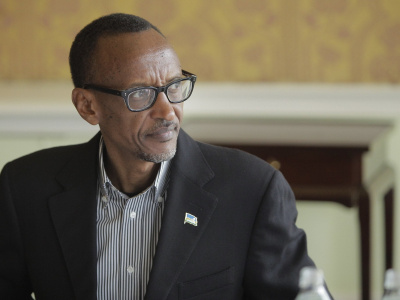
Provision of Technical Assistance Personnel in Vietnam: Cooking Pho, Peeling Potatoes and Abandoning Blueprints
This is the revised draft report of the study Technical Assistance Personnel in Vietnam.1 It is one of three country case studies in a larger research project commissioned by AusAID, BMZ and Danida, and implemented by the European Centre for Development Policy Management (ECDPM), Maastricht, the Netherlands. The purpose of the study is to learn more about the nature of future demand for technical assistance (TA), and to recommend how TA personnel can best be mobilised, used and managed to strengthen national capacities. The study’s approach is one of extracting lessons and implications for donors and host governments from relatively successful TA personnel operations, and of using these lessons to inform future revisions to the three sponsoring donors’ TA strategies. TA programmes were examined in three countries which were nominated by the donor sponsors: the Solomon Islands, Mozambique and Vietnam. Vietnam was selected as a case study country because it is a stable state with relatively high government capacity. This contrasts starkly to the case of the Solomon Islands, which is a fragile state recovering from conflict being supported by TA personnel under the umbrella of an intensive regional assistance mission, and Mozambique, which is an aid-dependent country with limited current capacities in government, challenged by the daunting task of coordinating a multiplicity of aid (and TA) donors.

